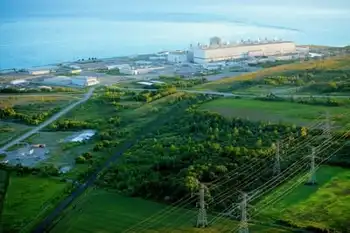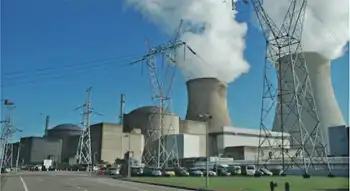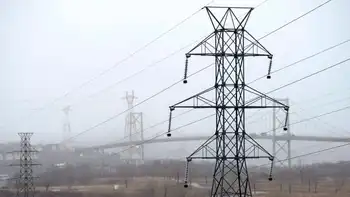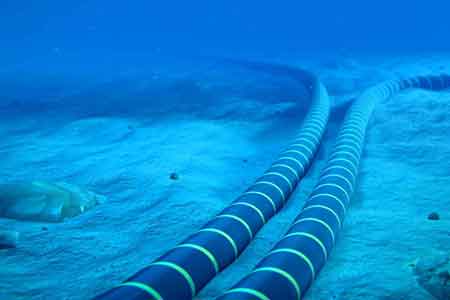Demand response providers launch new organization
By Advanced Energy Management Alliance AEMA
Substation Relay Protection Training
Our customized live online or in‑person group training can be delivered to your staff at your location.

- Live Online
- 12 hours Instructor-led
- Group Training Available
The mission of the AEMA is to advocate policies that empower and compensate customers to manage their energy usage to make the electric grid more efficient, more reliable, more environmentally friendly, and less expensive.
"This group will bring the demand response community together to leverage our resources and to work as one voice for sensible policy and regulation," stated Rick Counihan of EnerNOC and Chair of AEMA.
Through its multi-stakeholder approach, AEMA will help to represent the interests of consumers. Large end-users of demand response believe consumers and end-users can play an important role in shaping decisions and policies that impact energy markets.
Chairman Wellinghoff has long been a proponent of demand response and this role will give him the opportunity to approach the issue from the customer side of the equation.
"I am thrilled to serve as Strategic Counsel of this new organization that I believe fills an incredibly important role," stated Wellinghoff. "While the markets for demand response and consumer engagement have evolved, especially during my tenure at the Federal Energy Regulatory Commission FERC, we have a great deal of work left to do both at the federal and state level."
"We are eager to get started as a group," states Frank Lacey of Comverge and Vice Chair of the AEMA Board. "Our goals are to increase awareness of the benefits of demand response and to pro-actively advocate for programs and rule structures that make business sense for customers while meeting the needs of grid operators and utilities."
"Johnson Controls is excited to be a part of AEMA and its mission to advocate for policies that enable customers to more effectively use technology to reduce costs for themselves and all end users," stated Bruce Campbell of Johnson Controls and Secretary/Treasurer of AEMA. "Demand response allows consumers to control energy costs and to directly benefit from becoming resources to the grid reduces the need for additional fossil-fuel generated power expands the ability for energy to be managed to the benefit of all participants on the electric grid and is more environmentally friendly."
Demand response makes energy markets more cost-effective for consumers and reduces stress on the electric grid. With the proper planning, demand response resources can meet a variety of needs on the grid, including providing capacity, energy, and ancillary services. Demand response also allows customers to reduce their electricity bills through peak load management, and other facility management tools. For consumers to reap the full benefits of demand response, the appropriate regulatory structures are important AEMA seeks to ensure that advocating for those constructs is done in a unified manner.
Visit the website at www.aem-alliance.org.











